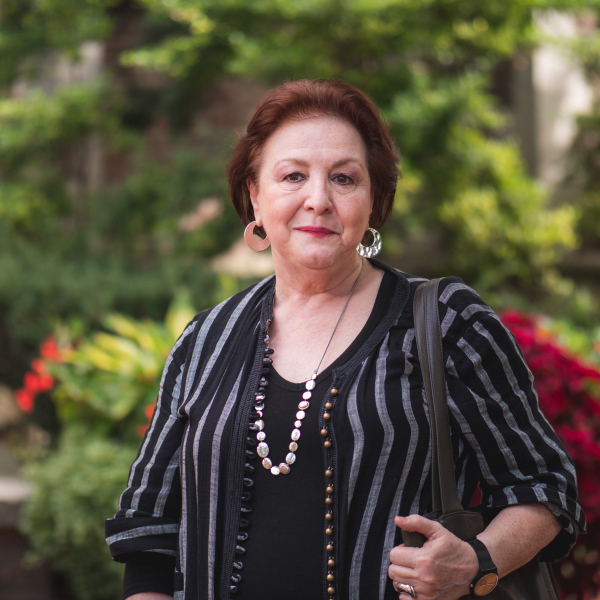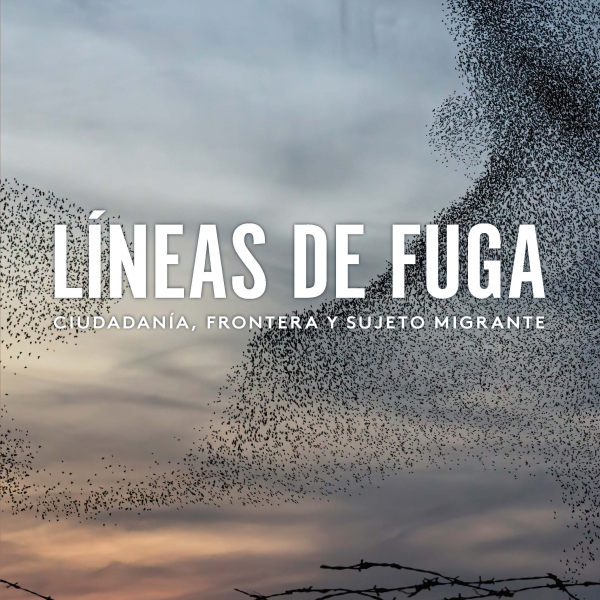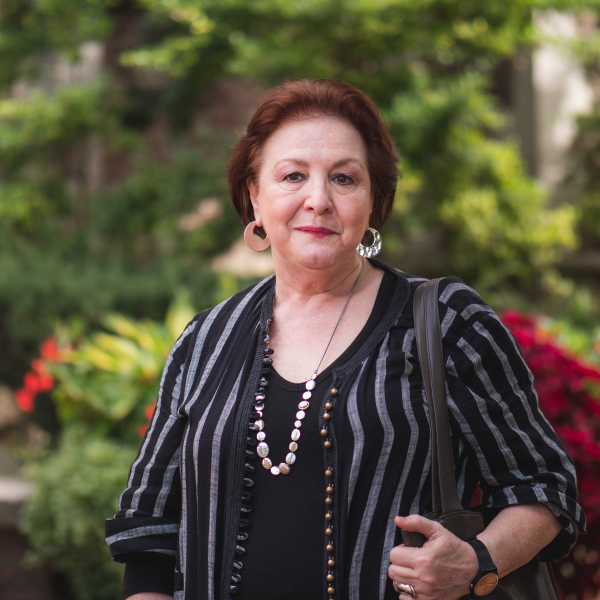The Latin American Studies Program is pleased to welcome Dr. K. Eliza Williamson, a Postdoctoral Teaching Fellow and cultural anthropologist. Her research focuses on reproduction and health care, public policy, and the body in contemporary Brazil. Her current book project, based on her dissertation, is an ethnographic study of the maternal and infant health policy that sought to “humanize” childbirth in Brazil’s universal healthcare system. Her second research project focuses on the lives of Brazilian families raising disabled children with Congenital Zika Syndrome in the wake of the Zika virus epidemic.
Having always been interested in reproductive justice, Professor Williamson has combined her passions for research and teaching in higher education after defending her dissertation and earning her Ph.D. in Anthropology from Rice University.
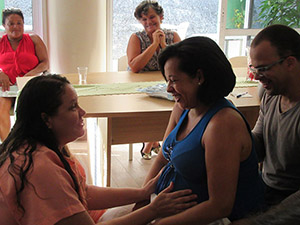 Eliza earned her undergraduate degrees in Spanish and Women and Gender Studies from the University of Colorado, Boulder, before obtaining her doctorate from Rice. “As I began to study the politics of reproduction from an anthropological perspective, I became fascinated with how pregnancy and childbirth were targets of biomedical control as well as sites of meaning-making, and also the divergent notions of what it means to care for birth,” she says. "Being in Northeast Brazil during and after the Zika virus epidemic shifted my attention to the intersections of reproduction, epidemics, and disability, as well as how disabled bodies are experienced and cared for in the context of Congenital Zika Syndrome."
Eliza earned her undergraduate degrees in Spanish and Women and Gender Studies from the University of Colorado, Boulder, before obtaining her doctorate from Rice. “As I began to study the politics of reproduction from an anthropological perspective, I became fascinated with how pregnancy and childbirth were targets of biomedical control as well as sites of meaning-making, and also the divergent notions of what it means to care for birth,” she says. "Being in Northeast Brazil during and after the Zika virus epidemic shifted my attention to the intersections of reproduction, epidemics, and disability, as well as how disabled bodies are experienced and cared for in the context of Congenital Zika Syndrome."
She undertook her first ethnographic research project in Argentina in 2011, studying the provision of care at a maternity hospital in the country’s interior. After a few short trips to Brazil between 2012 and 2014, she began the main portion of her dissertation fieldwork in Salvador, Bahia in late 2015, with a grant from the Wenner-Gren Foundation. With additional funding from the Fulbright-Hays program, Eliza was able to remain in Brazil for two years conducting research, all while teaching English and volunteering at a local organization supporting families raising children affected by Zika.
Eliza’s article, “Care in the time of Zika: Notes on the afterlife of the epidemic in Salvador (Bahia), Brazil” (2018), appeared in the Brazilian journal Interface (Botucatu). She has also published in Medical Anthropology Quarterly. Additionally, she coordinates After Zika, a collaborative narrative project where parents of children with Congenital Zika Syndrome tell their stories (www.afterzika.org).
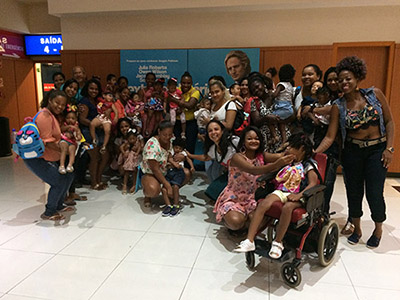 Now in St. Louis, Eliza is enjoying her new city. “There’s still a lot I haven’t seen, but this city has a fascinating history and I really appreciate its diversity,” she says. “Wash U has a beautiful campus, and I enjoy riding my bike through Forest Park.” She looks forward to sharing her love of Brazil with her new Wash U students, as well as encouraging students to embark on some of their own research and travel. Her fall course, L45 304 “Survey of Brazilian Cultures: Race, Nation, and Society,” introduces Brazil’s history, society, and culture from colonial times to the present, and analyzes this country’s unique trajectory when compared with those of other Latin American countries. For more information on this course, please see the Course Listings.
Now in St. Louis, Eliza is enjoying her new city. “There’s still a lot I haven’t seen, but this city has a fascinating history and I really appreciate its diversity,” she says. “Wash U has a beautiful campus, and I enjoy riding my bike through Forest Park.” She looks forward to sharing her love of Brazil with her new Wash U students, as well as encouraging students to embark on some of their own research and travel. Her fall course, L45 304 “Survey of Brazilian Cultures: Race, Nation, and Society,” introduces Brazil’s history, society, and culture from colonial times to the present, and analyzes this country’s unique trajectory when compared with those of other Latin American countries. For more information on this course, please see the Course Listings.
Eliza welcomes students to stop by during her office hours if they are interested in any of the topics she researches and teaches, or just want to chat. She also encourages students interested in the Latin American Studies Program to stop by Professor Ignacio Sánchez Prado’s office, as he is very welcoming and has a wealth of knowledge to share. On a personal note, she strongly recommends study abroad experiences, citing her own college study abroad experience to Buenos Aires as “one of the richest personal and academic experiences for me, one that set me on my current path.” Many study abroad programs are affiliated with our program and can be seen here on our Study Abroad page.
We are very lucky to have a scholar like Eliza join our program, and look forward to learning a lot from her and her unique experiences!

